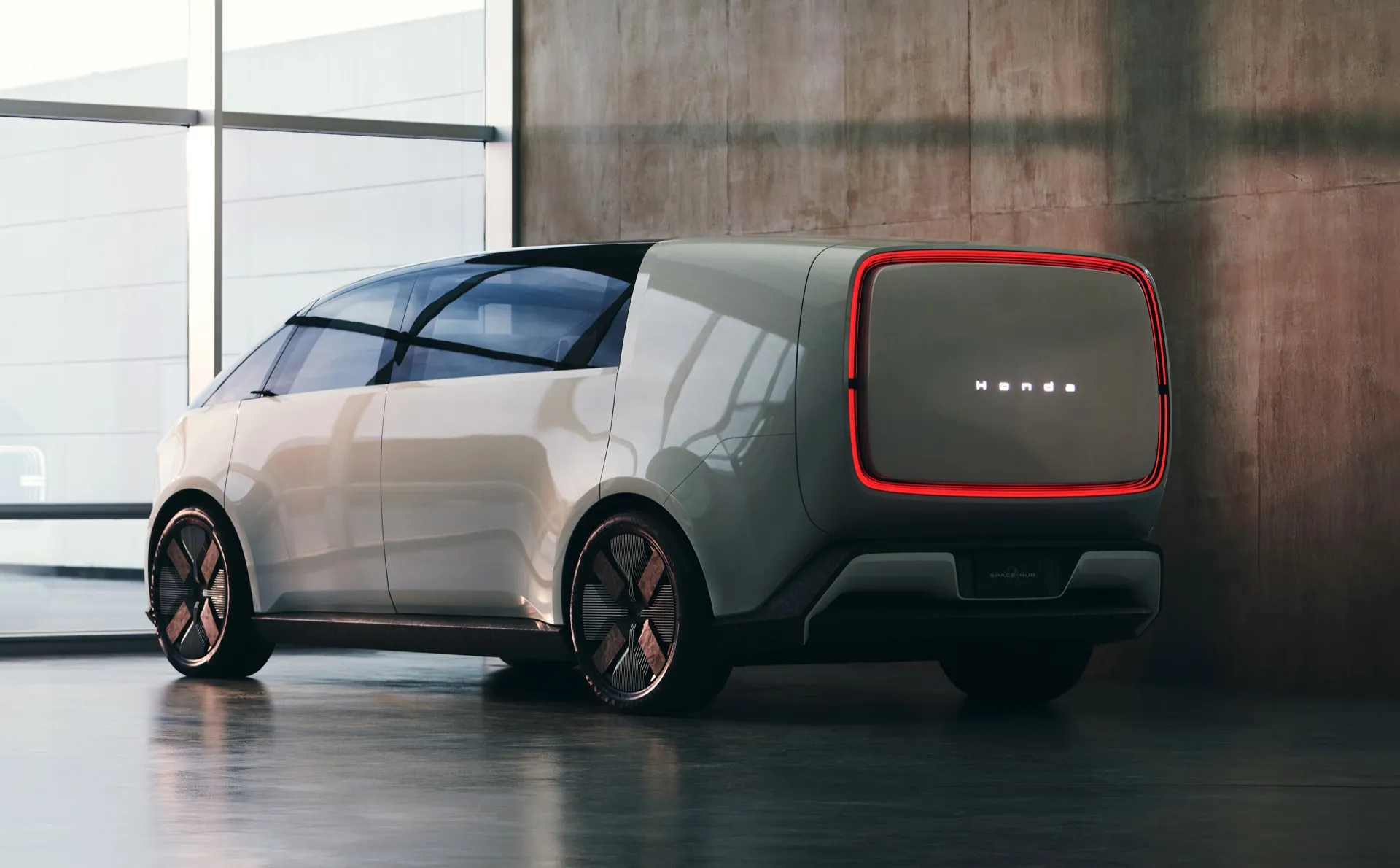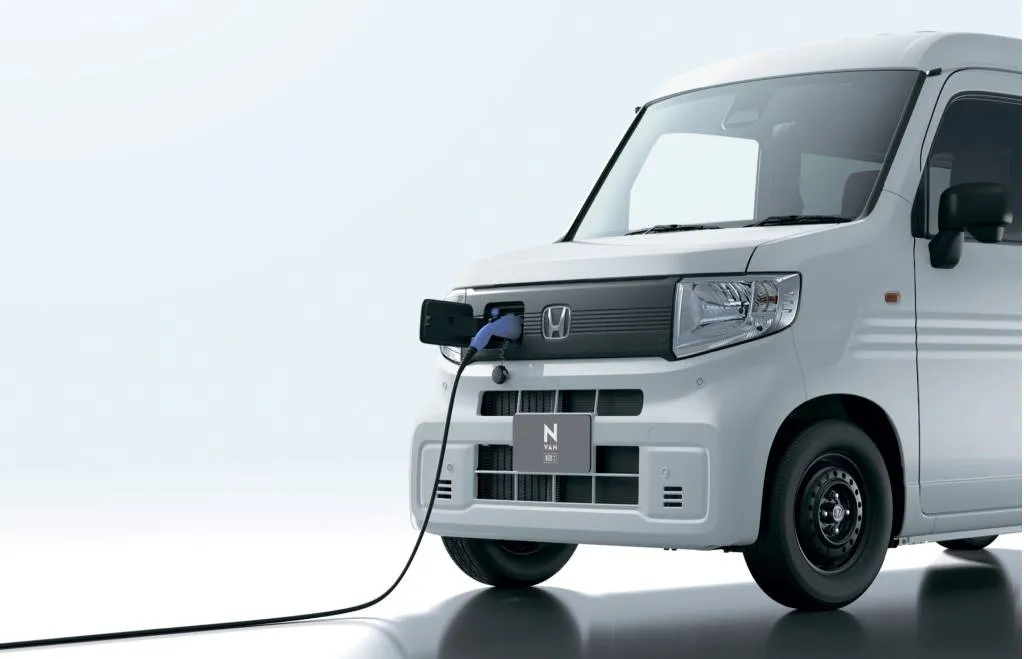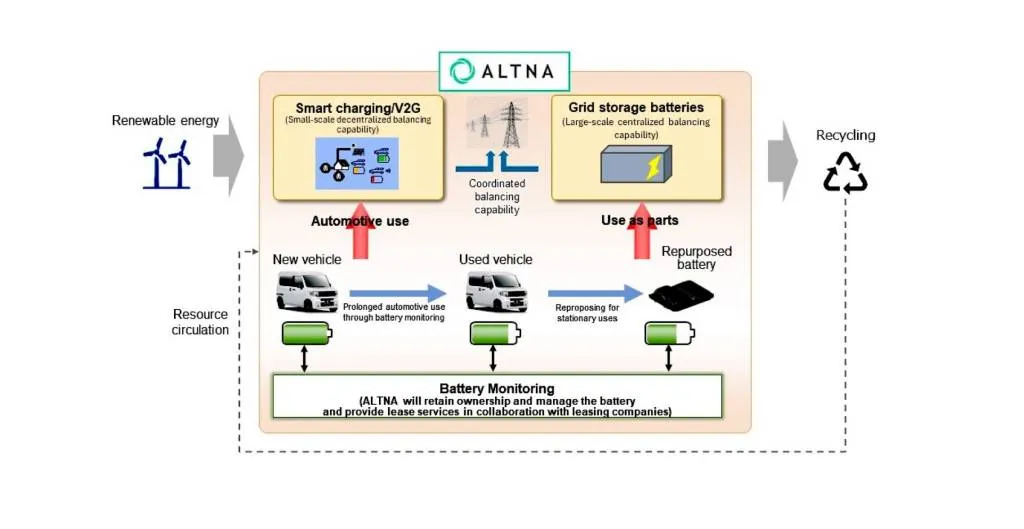

Honda asks: Could leased batteries lead to more affordable EVs?
- Honda, Mitsubishi Corp. to partner on battery-lease business
- It’s a Japan-only experiment, for now
- Company would also manage second and third battery lives—up to recycling
- Vinfast tried this model—and reconsidered
Battery leasing has long been considered as a way of helping make EVs more affordable, and it appears that Honda is embarking on a business venture that might allow that idea to be scaled up.
The joint venture company called Altna, announced Thursday, has been formed as a 50:50 venture between Honda Motor Co. and Mitsubishi Corporation. Combining Honda’s EV smarts and connected technologies with Mitsubishi’s power-generation expertise, it aims to optimize EV usage cost, boost the lifetime value of batteries, and fill an increasing need for grid-storage batteries.
Mitsubishi Corporation is a wide-ranging conglomerate that does include oil and gas businesses, and it owns 20% of Mitsubishi Motors, but Nissan actually owns more of Mitsubishi Motors.
Honda will launch the plan in the Honda N-VAN e, a box-like commercial minicar launched in Japan on Thursday at a starting price of around $15,500—in the vicinity of the Nissan Sakura electric minicar that Green Car Reports drove last fall.

Honda N-VAN e commercial EV
Leases for the vehicle’s battery will be worked around the assumption that when they reach “end-of-life” for vehicle use, the batteries will be used and managed as grid storage batteries.
“Altna will set leasing prices based on the assumption that batteries will be utilized for a long period of time, from on-vehicle to stationary applications, which will contribute to a reduction of the financial burden on EV users,” Honda said, in a release accompanying the announcement.
The new company will also manage the end-of-life recycling of the batteries after they’re used for grid-storage purposes, so as to recover materials used for making new cells. “Altna will continuously monitor the use conditions of EV batteries, and then recover end-of-life EV batteries based on data obtained through long-term monitoring,” the automaker explained.
Finally, the new company will focus in on smart charging. Initially that will be in the form of charging plans that simply charge the vehicle to avoid on-peak grid times, perhaps optimizing for renewable energy. But it will later “proceed with consideration toward offering V2G services with an eye toward the opening up of the electricity market in the future.”
Could battery leasing lead to cheaper US EVs?
Honda CEO Toshihiro Mibe, last year told Green Car Reports and others that it would take a battery breakthrough to be able to offer a small affordable car that might be U.S.-bound. But perhaps all it might take is a new way of looking at how the costs are mapped out.

Honda-Mitsubishi Altna battery leasing plan
Battery leasing, also called “battery as a service” as a business model, has in recent years been seen as a way of simultaneously lowering EVs prices while coordinating reuse. Hyundai is looking to create an “ecosystem” around EV batteries, it announced in 2021, and among many companies that have tried battery leasing in other markets include China’s Nio. Years ago, the Renault Zoe in Europe was one of the first EVs to offer such a plan.
So far this company and model is limited to Japan, and it’s unclear whether it might lead to a U.S. effort. American Honda Motor declined to comment to Green Car Reports from a U.S. perspective on how this might affect our market. No automaker has as of yet tried battery leasing in the U.S. on the private-vehicle front. The closest was Vinfast, which initially priced its VF 8 and VF 9 around battery leasing. But it reconsidered the plan, which would have made these models more affordable, before the VF 8 arrived.
Add a comment Cancel reply
Comments (0)
Related posts


Electric SUVs: Top 6 Models for Family Trips











